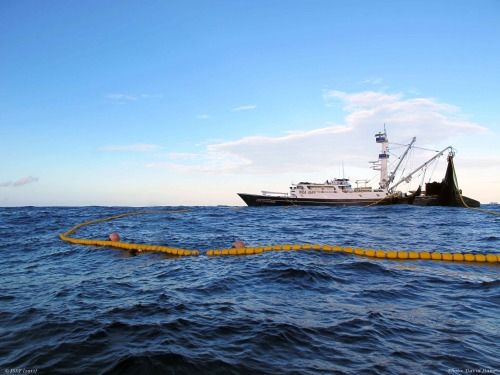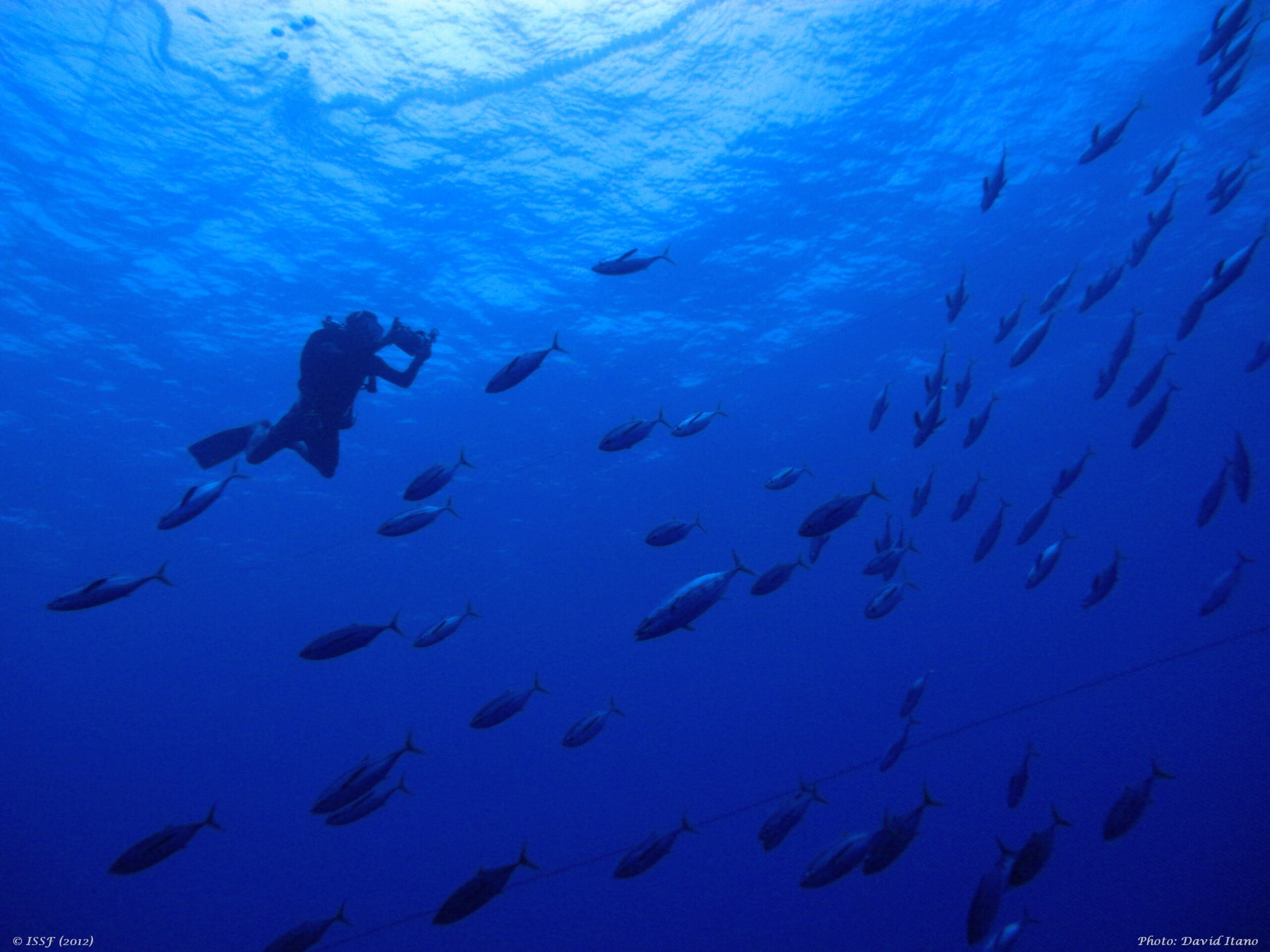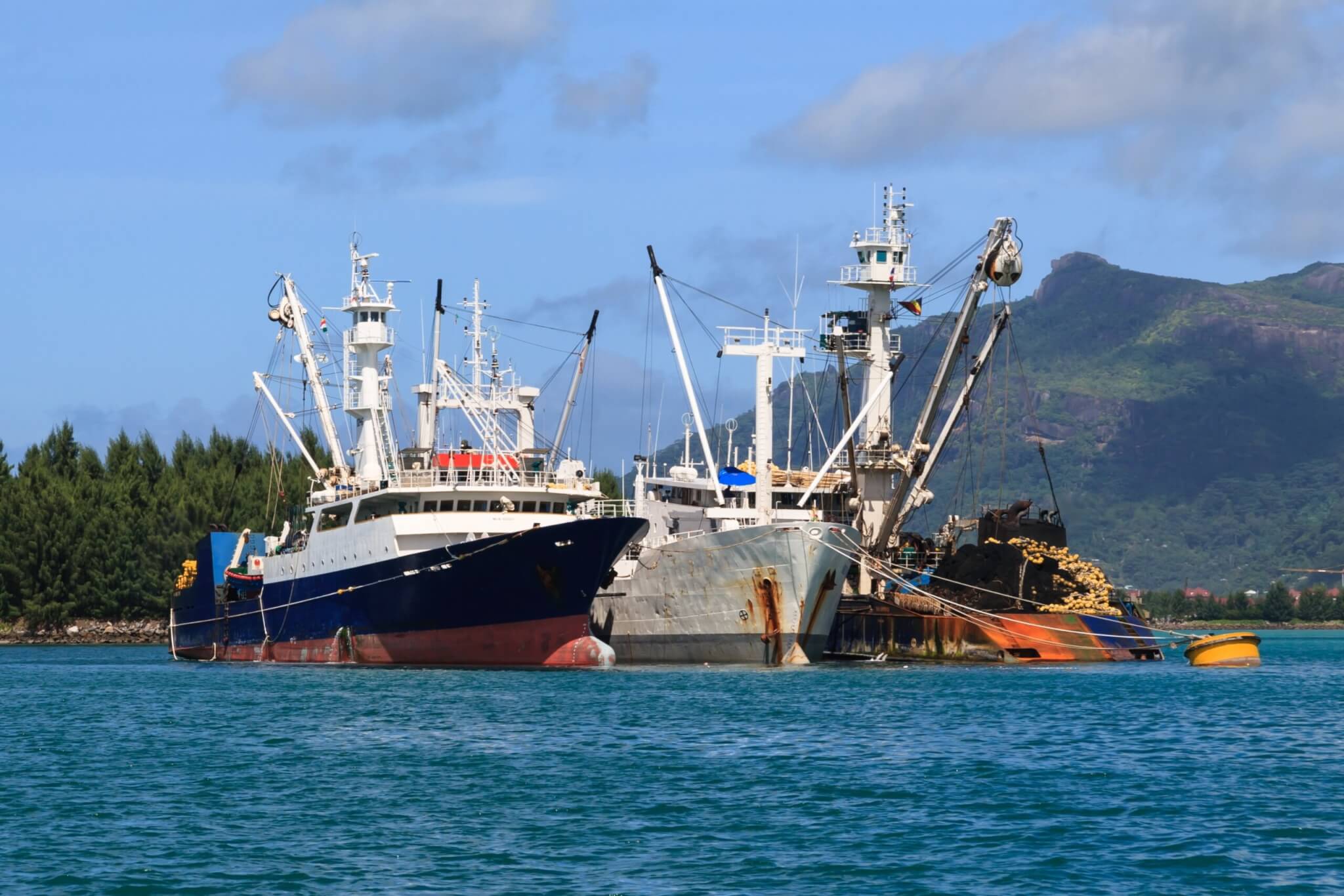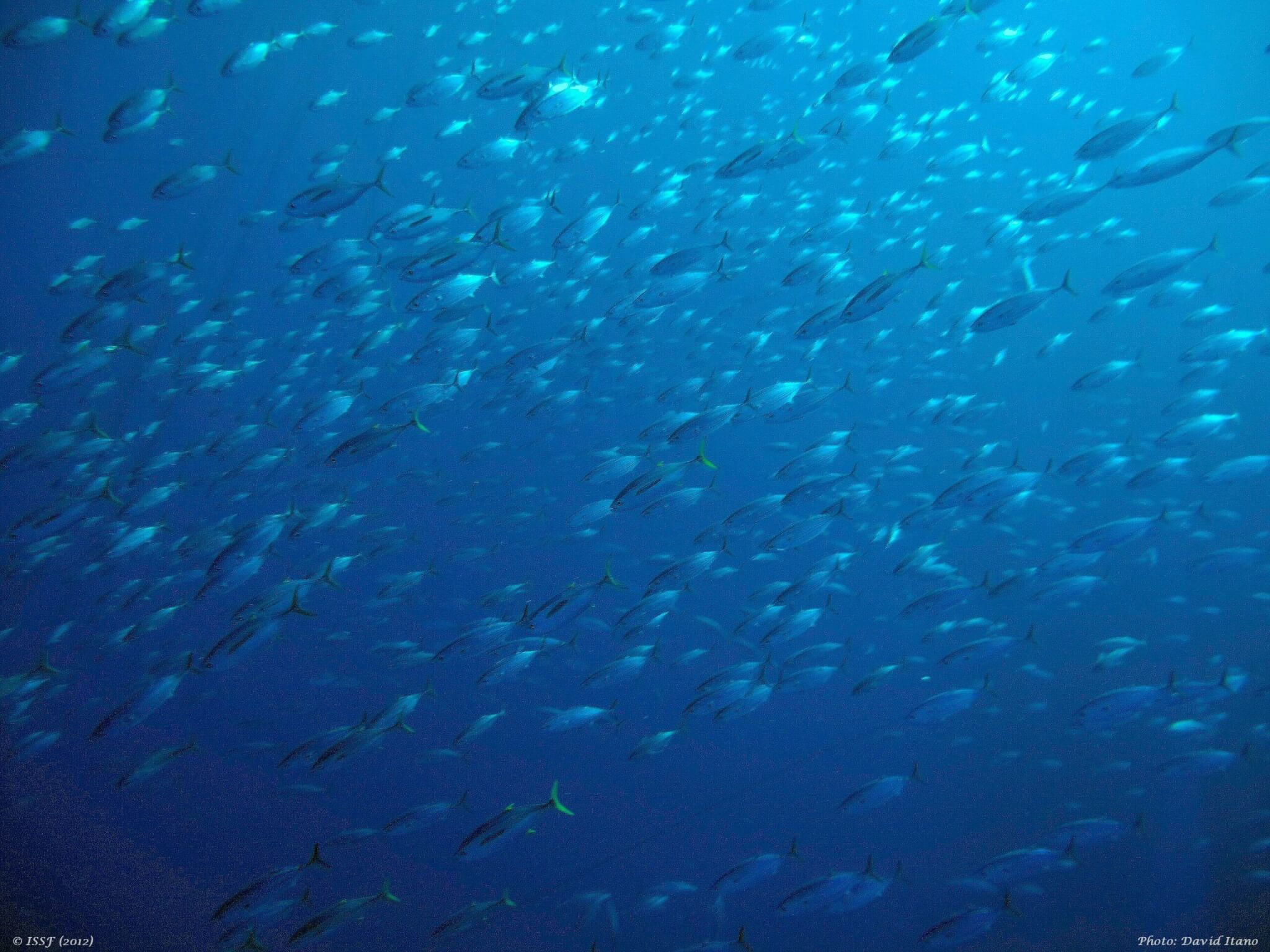UPDATED REPORT: Tuna RFMOs & the Port State Measures Agreement | IUU-Mitigation Gaps & Opportunities
Featured Content
Updated Report Benchmarks Tuna RFMO Performance against the U.N. FAO Agreement on Port State Measures (PSMA)
From minimum standards for inspector training to advance notice of port entry, report identifies IUU-mitigation gaps and opportunities
ISSF has updated its report Port State Measures in Tuna RFMOs: Benchmarking RFMO Port State Measures Against the 2009 FAO PSMA and Identifying Gaps, which evaluates how well the port-State measures established by tuna regional fisheries management organizations (RFMOs) follow an overarching international standard enacted to deter illegal, unreported, and unreported (IUU) fishing. In 2009, the Agreement on Port State Measures (PSMA) — a binding international agreement — was adopted through the Food and Agriculture Organization of the United Nations (FAO).
“For more than a decade, the PSMA has set the standard for port States to detect and investigate IUU fishing, report on their inspections, and share data to prevent illegally caught fish from entering the seafood supply chain. But in order for this to work effectively globally, stronger and more consistent implementation is needed by all port States,” explained report author Holly Koehler, Vice President, Policy & Outreach, International Seafood Sustainability Foundation.
Featured Graphic
Key Gaps and Priorities in Tuna RFMO Port State Measures
A complementary, updated graphic compares each tuna RFMO’s port state measure elements against the provisions in the FAO Port State Measures Agreement (PSMA), identifying gaps between them and recommending priority areas for RFMO focus.
ISSF in the News
Op-ed: Top challenges facing sustainable seafood
SeafoodSource
Eastern Pacific skipjack rating change drives fall in number of ‘healthy’ tuna stocks
Undercurrent News



